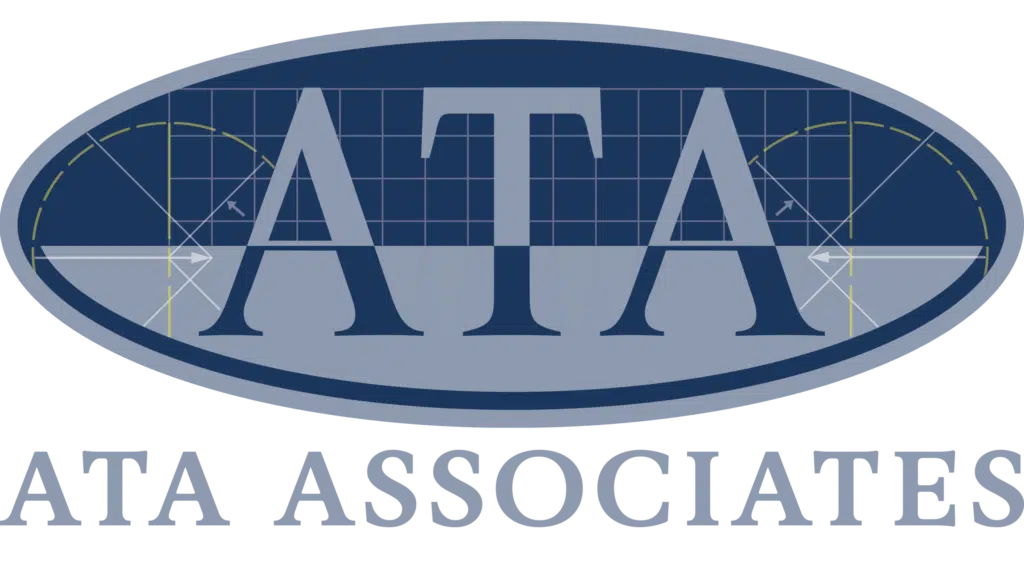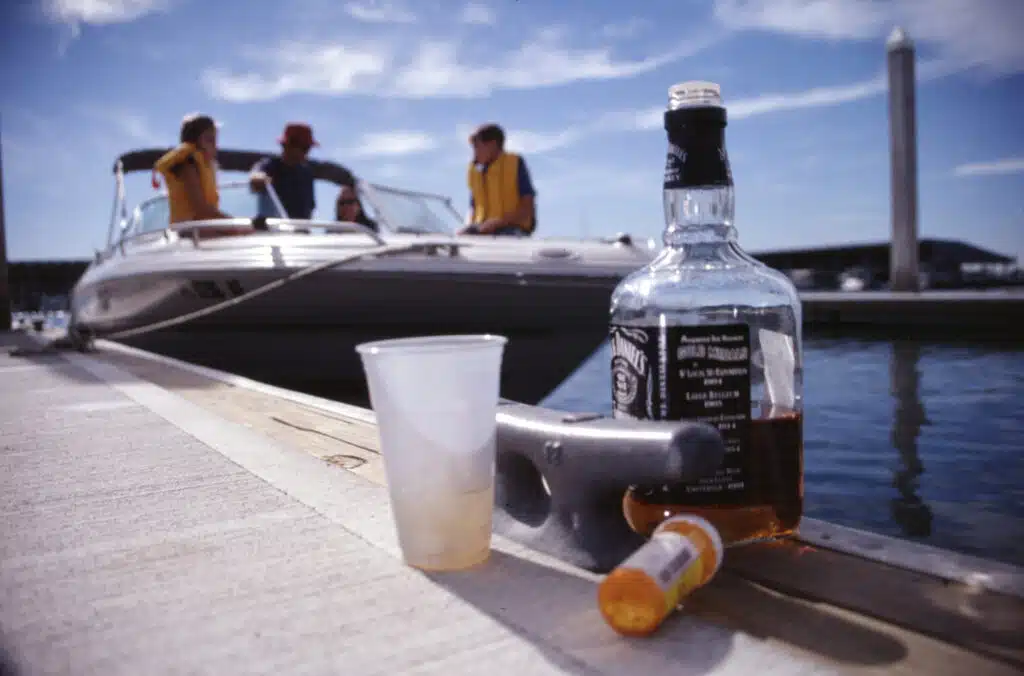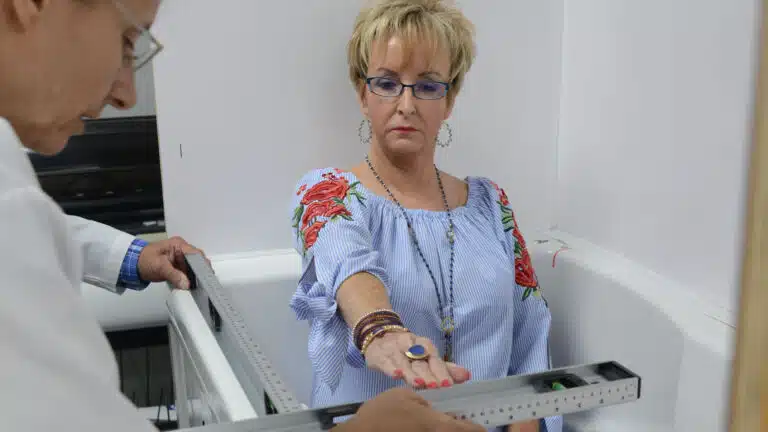Operating a boat while impaired puts everyone on the water at risk. When a collision occurs, accident reconstruction plays a crucial role in determining how alcohol or drug use may have affected the outcome. At ATA Associates, our experts evaluate a range of factors to understand the role of impairment in boating under the influence (BUI) cases. Our in-depth approach is a key part of our Maritime and Marine Forensic Investigations, where we specialize in uncovering the facts behind complex marine accidents
Impairment of Cognitive and Motor Functions
Alcohol and drugs can affect judgment, reaction time, and coordination. These impairments reduce a boater’s ability to detect hazards, respond appropriately, and operate the vessel safely. During a reconstruction, we examine actions that require alertness—such as navigation, speed control, or collision avoidance. If a person under the influence may fail to perform these tasks, that behavior becomes a focal point of our analysis.
Alteration of Collision Dynamics
Boating accidents often involve unpredictable movements due to water conditions. However, impairment can change a vessel’s path in ways that trained operators wouldn’t normally allow. For example, a delay in steering may result in a sharper impact angle or higher speed at the moment of collision. We study trajectory data and damage patterns to understand how intoxication might have altered the dynamics of the crash.
Blood Alcohol Content and Drug Levels as Evidence
Medical records and toxicology reports often include blood alcohol content (BAC) or drug screening results. These data points serve as critical pieces of physical evidence. Our team uses this information to connect the degree of impairment with behavior at the scene. High BAC levels can indicate delayed reaction times, poor judgment, or inability to control the vessel. We incorporate these findings into our overall analysis.
Witness Testimony and Operator Statements
Statements from passengers, other boaters, and responding officers can offer insight into the operator’s condition. Slurred speech, glassy eyes, and erratic behavior often come up in eyewitness accounts. We compare these observations to known effects of the reported substance. Additionally, we analyze the operator’s own statement, if available, and assess it against factual evidence such as GPS data or scene measurements.
Reconstruction’s Role in Proving Impairment
Our accident reconstruction team brings together all forms of evidence—physical, digital, and testimonial—to present a clear picture of what happened. In boating under the influence (BUI) cases, this means showing how impairment affected decisions, timing, and vessel control. Attorneys often use our reconstructions during litigation to prove fault, support expert testimony, or counter opposing claims. When visuals, data, and analysis align, they create a compelling narrative that supports your case.
Contact ATA Associates for Expert Reconstruction
When impairment plays a role in a boating incident, you need expert analysis that stands up in court. Contact ATA Associates to learn how our detailed reconstructions can support your legal strategy and reveal the full truth behind the crash.




